On International Women’s Day, WARC’s Genevieve Silk considers campaigns that have sought to strengthen the position of women in the home, in the workplace, in sport and in culture.
Equity between men and women isn’t just desirable, it is necessary. That’s why the theme for this year’s International Women’s Day is “Embrace Equity” to drive home the message that equal opportunities are not enough when people start from different places and face different obstacles.
Here we look at six brands from Europe, the Middle East and Africa that have taken a stand to eliminate the barriers to equity that many women face in the home, in the workplace, in sport and in culture.
Equity in the home
When we think of home, ideas of warmth, comfort and safety come to mind. But for the one in four women in Ireland experiencing physical, sexual or financial abuse from a current or former partner, the home is anything but a place of refuge. When domestic violence against women in Ireland sky-rocketed by 43% during the COVID-19 lockdowns, insurance company Allianz felt compelled to act. But with the stigma surrounding domestic abuse preventing one third of women from seeking help, the brand was at a loss as to how to protect not just homes but also the people inside them.
Allianz partnered with charity Women’s Aid to launch the campaign The World’s Strongest Woman, which drew inspiration from a world renowned for its displays of strength: sport. Through In the Company of Huskies, Allianz released a film featuring four women working out before revealing that the exercises are in fact harrowing acts of survival: squatting against a door to keep out a violent aggressor; lifting heavy suitcases to make a desperate escape. As a result of the campaign, contact with Women’s Aid increased by 302%, meaning that over 94,000 women found the strength to speak up.
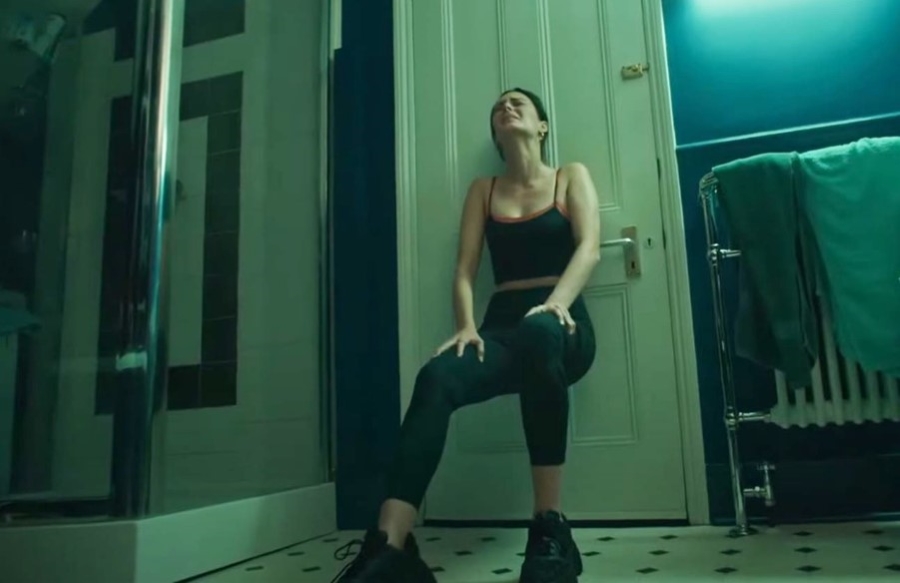
Equity in the workplace
What factor makes peace agreements 35% more likely to last 15 years? The answer is simple: the participation of women in the decision-making process. And yet in Lebanon, as in all too many other countries around the globe, women are routinely excluded from peace-building dialogues and state-level decision making. Indeed, in Lebanon’s 2018 parliamentary elections, only six women won a seat and, when a new government was formed in 2021, only one of the 24 ministers was a woman.
Gender equality organisation UN Women Lebanon wanted to shed light on the fact that when 50% of the population is missing from the dialogue, the conversation cannot truly take place. The organisation’s ingenious campaign #TheMissingPeace by Leo Burnett Beirut removed 50% of the alphabet to showcase the dysfunctional nature of dialogue without women. UN Women circulated a special-edition version of the daily newspaper Annahar in which the front, back and three other pages were missing half their letters. The campaign reached over 93 million people and gained national and international media coverage.
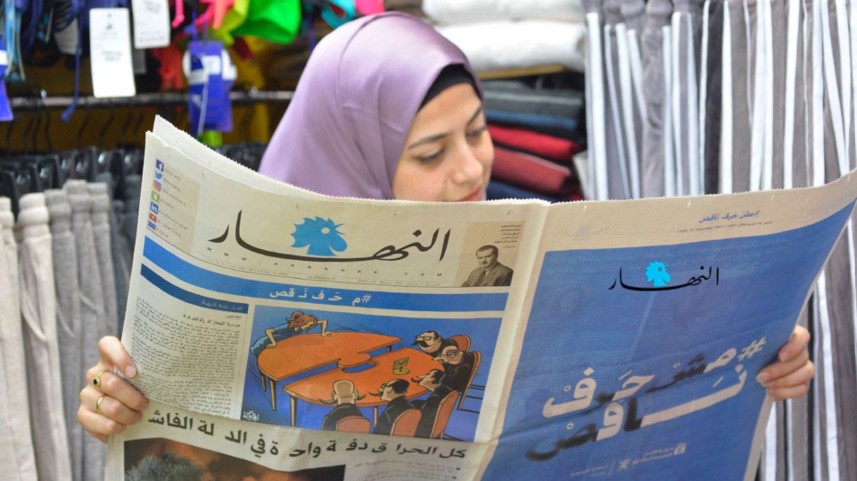
“When money flows into the hands of women, families and communities grow.” Melinda Gates’ famous quote became the inspiration for laundry detergent brand Sunlight’s campaign to support women-owned small business in Kenya. Research from the International Finance Corporation shows that women own 48% of Kenya’s micro-, small- and medium-sized enterprises (MSMEs) which together contribute to around 20% of the country’s GDP. When the COVID-19 pandemic hit, the crisis was felt harder by those with low socio-economic status – a demographic in which women are over-represented.
Sunlight partnered with the United Nations Institute for Training and Research to support women owners of small businesses with its Women of More campaign. Sunlight set up a training programme, called for entries from women-owned MSMEs and, though PHD Nairobi, launched 172 campaigns for these businesses. In total, 972 women participated in the programme, which directly impacted over 82,000 members of the community.
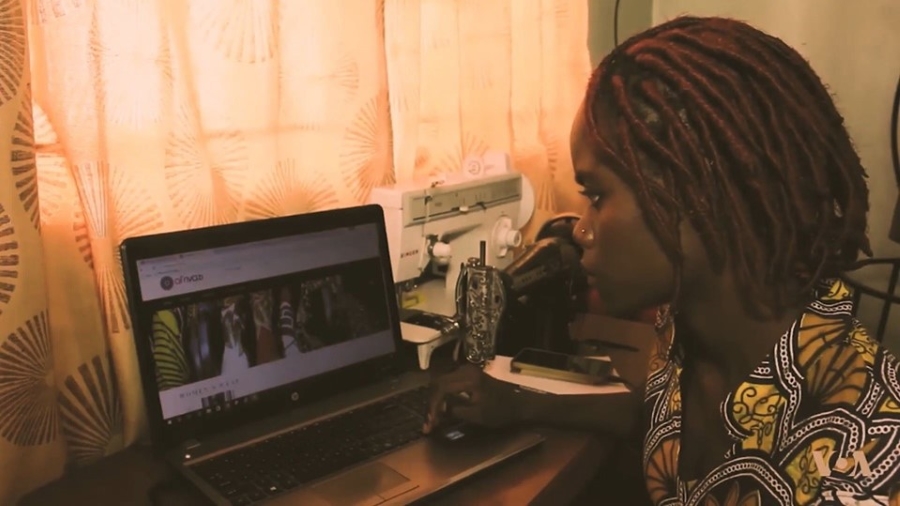
Women score higher than men in most leadership skills according to research conducted in 2019, yet barely 5% of people in the UK associate leadership as a quality prevalent in women and only 3% consider the role of CEO to be a “job for women”.
Electronics brand Samsung set out to change these perceptions in the UK by creating the platform Samsung Pioneers to address gender inequality in tech. Through Ketchum London, Samsung Pioneers was launched on Ada Lovelace Day – so named in honour of the 19th century British mathematician – with a virtual panel featuring leading voices in the tech industry. Samsung strengthened the platform with a virtual panel event and Q&A session held on International Women’s Day and commissioned its own research into breaking down bias. Generating over 200 pieces of media coverage, the research launch shone a light on the causes and effects of workplace gender bias and the campaign reached over 559 million people.
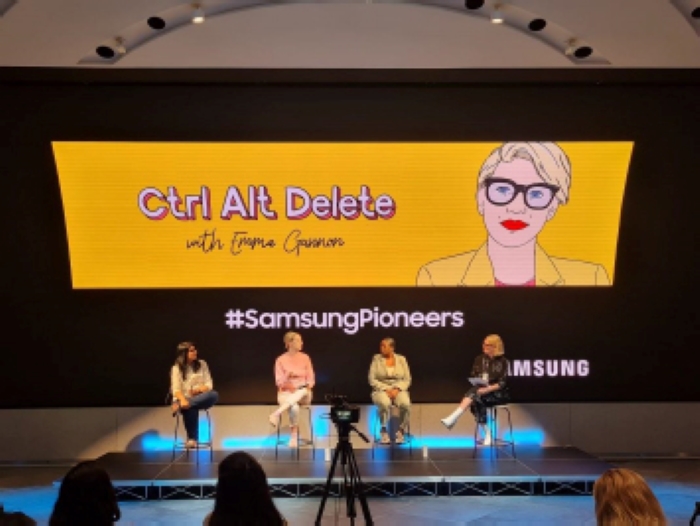
Equity in sport
Globally, one third of women feel uncomfortable when swimming in public. In the Middle East, however, where water represents limitations and restrictions for many women, this figure reaches 88%. Sportswear brand adidas wanted to break through these cultural and emotional barriers and inspire women to feel confident and free in water. Digging deeper, adidas found a paradox: while the region is home to a plethora of stunning beaches, the swimwear category in MENA has failed to adapt its product ranges to meet the needs of women who prefer to swim while dressed modestly.
As part of its Beyond the Surface campaign through Havas Dubai, adidas installed a transparent, water-filled billboard at one of the region’s most visited beaches and invited women to take a dip, encouraging them to break the barriers of water, embrace their bodies and wear what empowers them. As a result of the campaign, the number of women in MENA who now feel comfortable in water leapt from 12% to 36%.
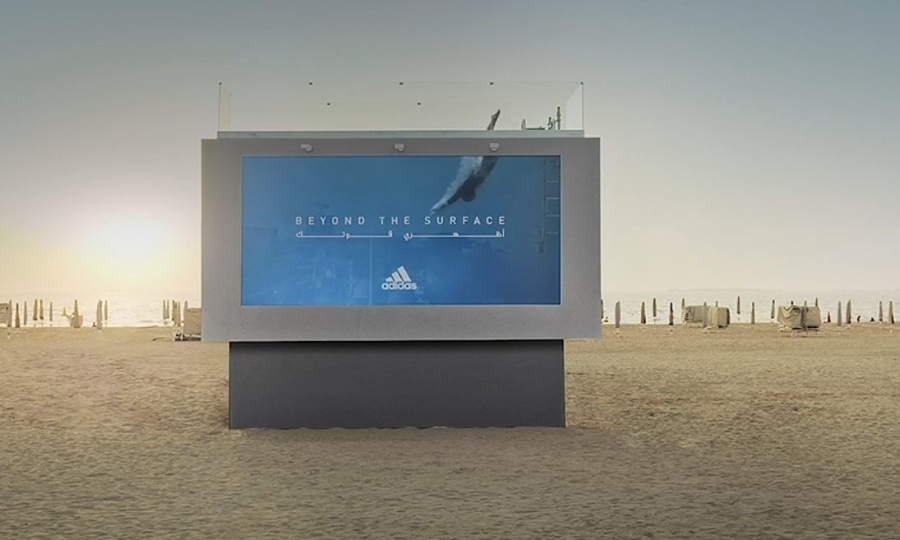
Equity in culture
It is no secret that the words we use heavily impact how we think. Language is ever-evolving but old proverbs often live on past their sell-by date. To tackle a culture of misogyny, South African women’s shelter Green Door identified four of the country’s proverbs that normalised violence against women and girls and rewrote them to better suit the shelter’s vision of a world without gender-based violence.
Both the original and rewritten proverbs have been translated from five of the country’s 11 national languages.
Zutu/Xhosa: You strike women, you strike a rock. (Is it fair that a woman’s strength is based on how much suffering she must endure?)
- Rewritten version: You strike women, you strike a nation.
Setswana: A wife is seen by using her hands, doing chores and always being busy, like an ape.
- Rewritten version: A wife is seen by being praised in her marital home.
Afrikaans: An old goat likes young leaves. (Used to justify old men pursuing young girls.)
- Rewritten version: An old goat must leave young leaves so that they can grow stronger.
English: A silent woman is a gift from God.
- Rewritten version: A silenced woman is an insult to God.
These rewritten proverbs formed Green Door’s #RewriteOurProverbs campaign which spread the word via social media discussions with influencers, out-of-home media and PR. The campaign reached an estimated 600,000 social media accounts and sparked conversations across social that empowered women to share their own experiences of gender-based violence.
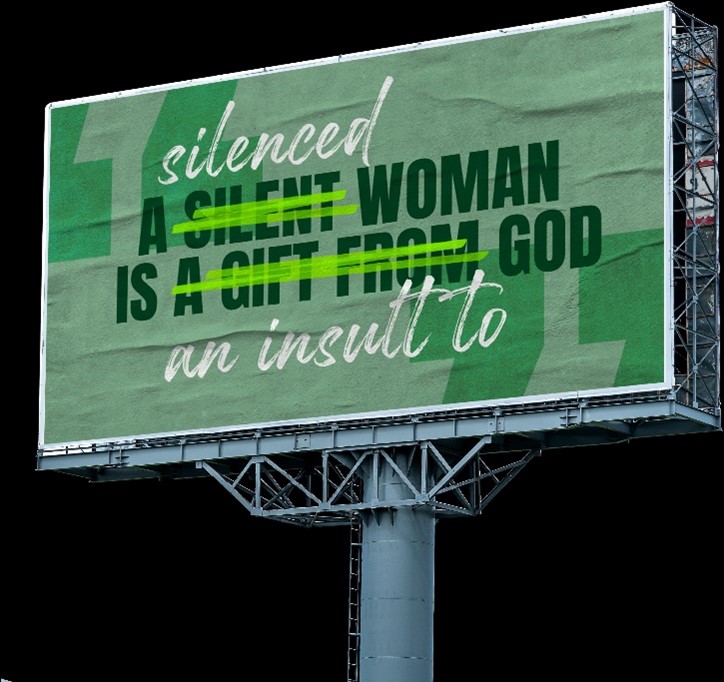
Equality is the aim; equity is how we achieve it
Equity is all about creating an inclusive world by remembering that people start from different places and must overcome different hurdles. We can all embrace equity by denouncing discrimination and working to create a more inclusive world. Through the process of equity we can achieve equality.

